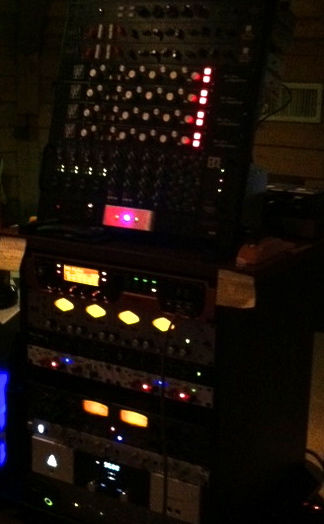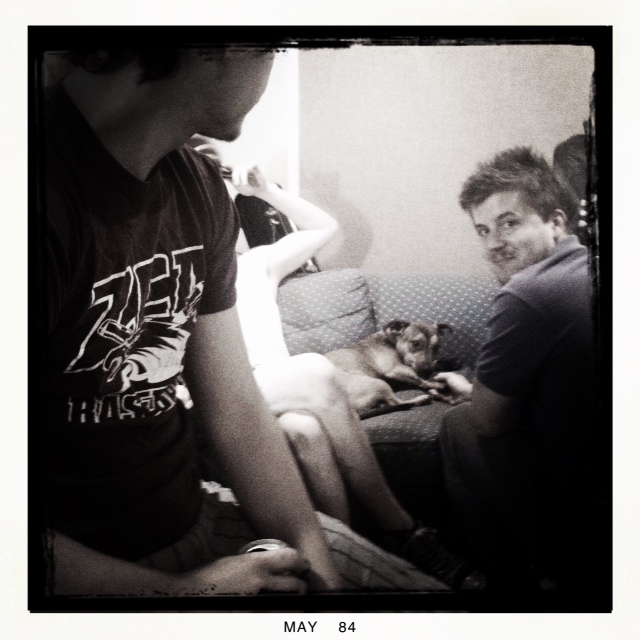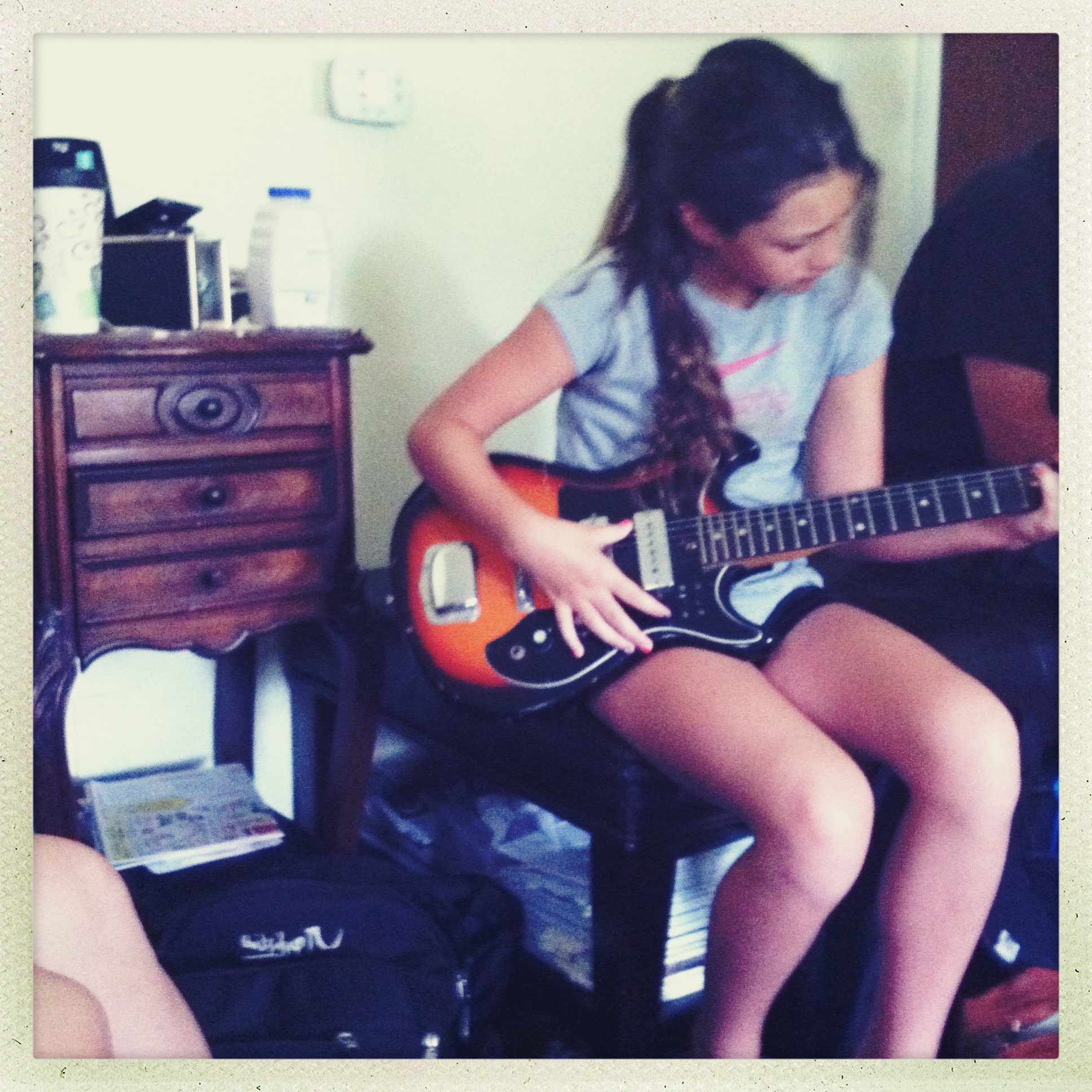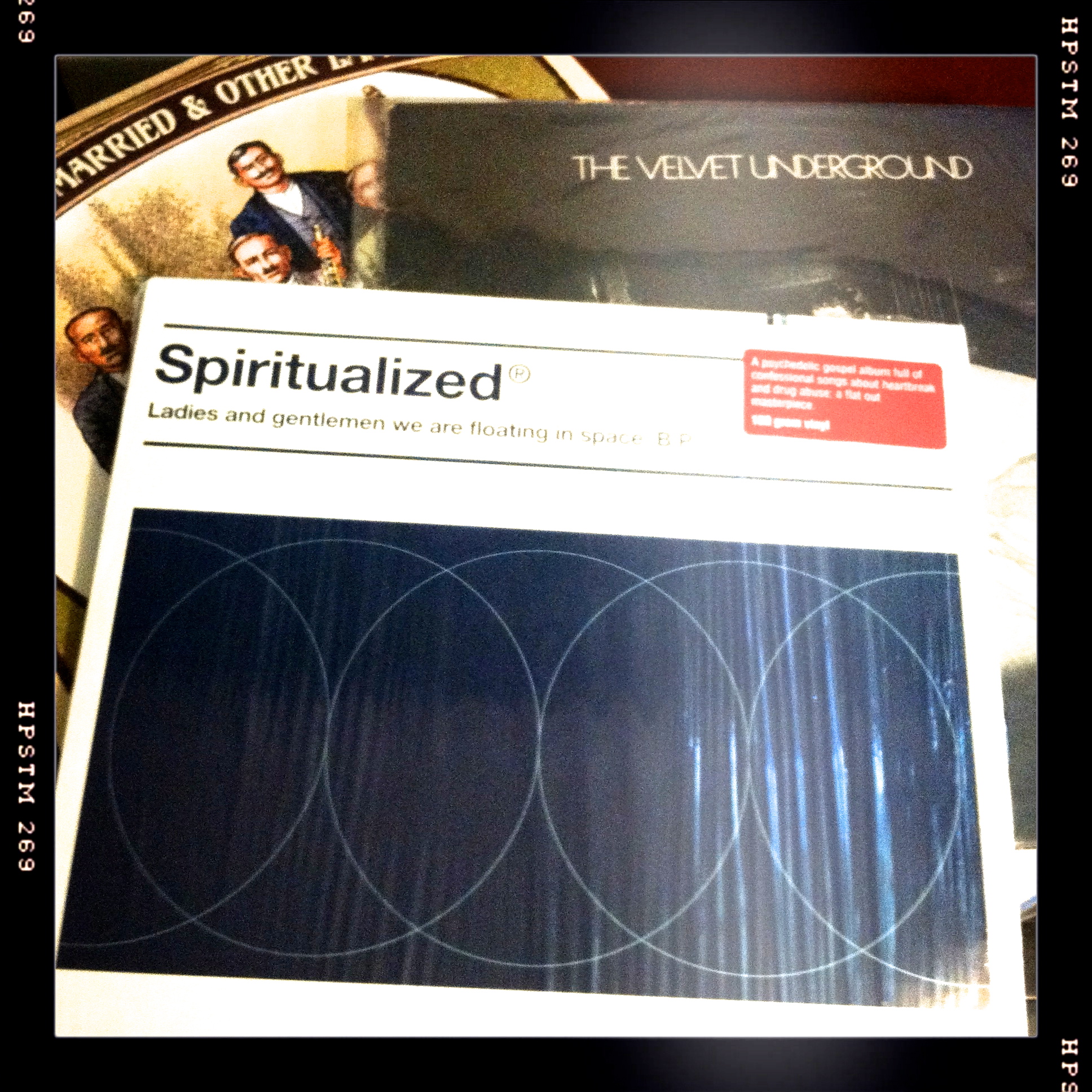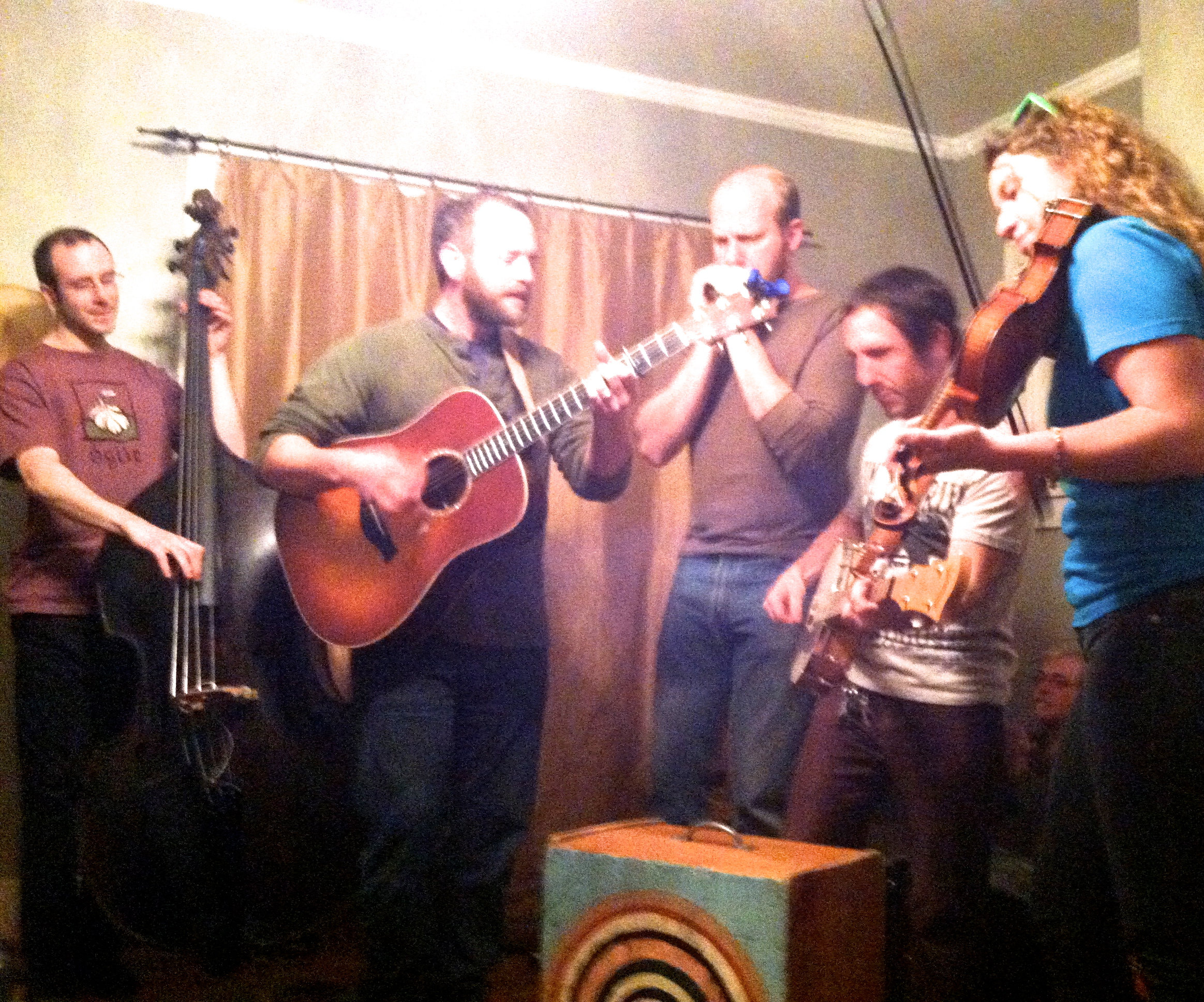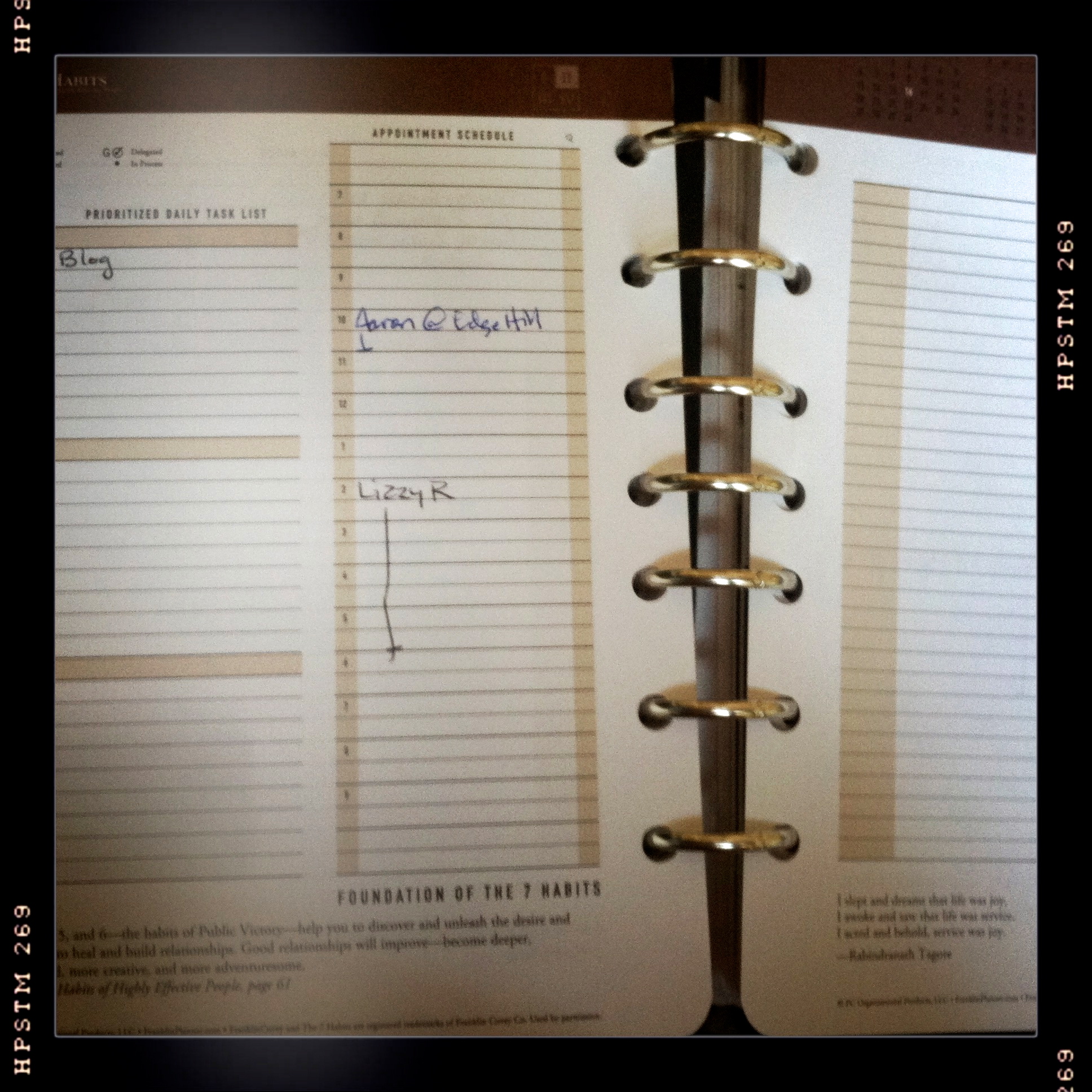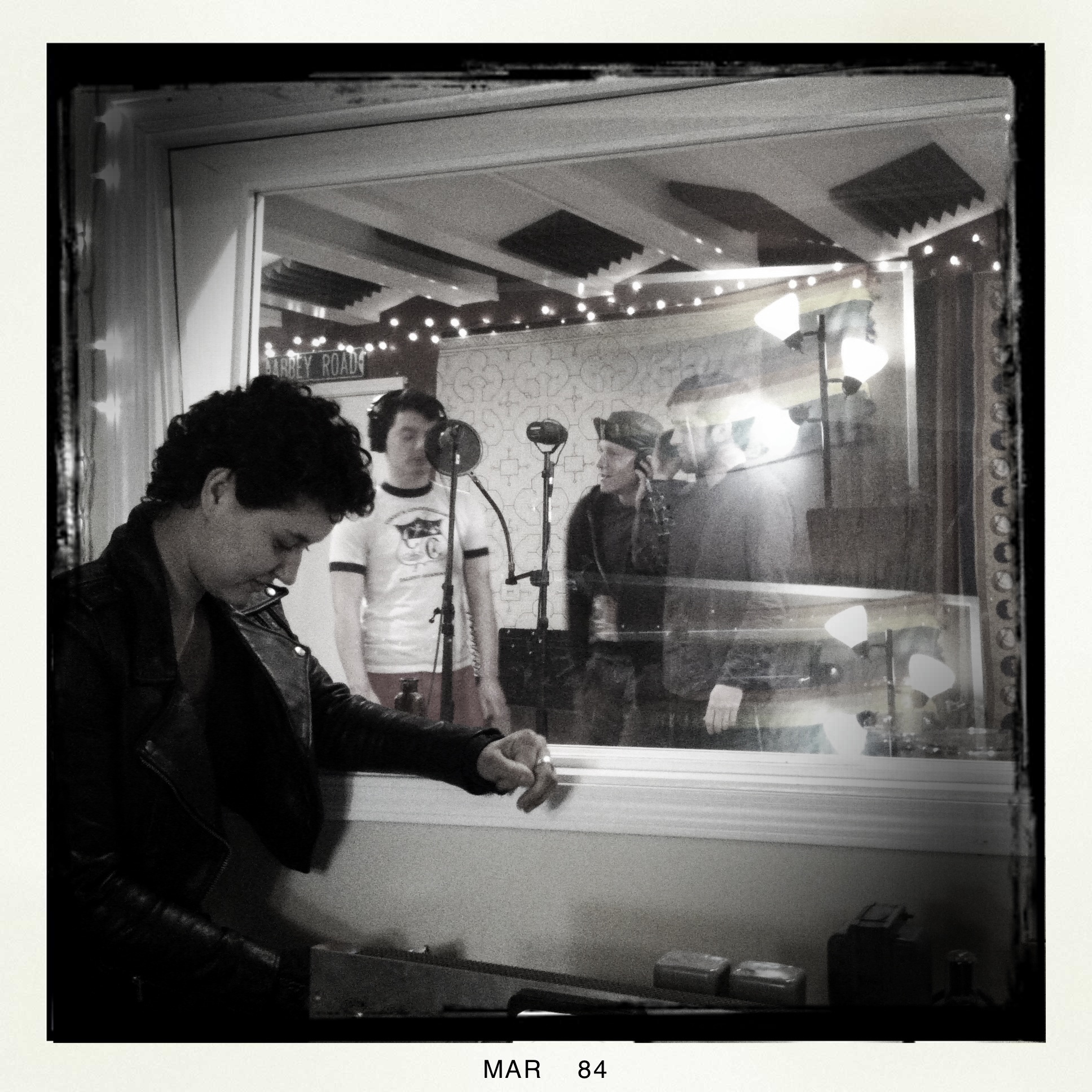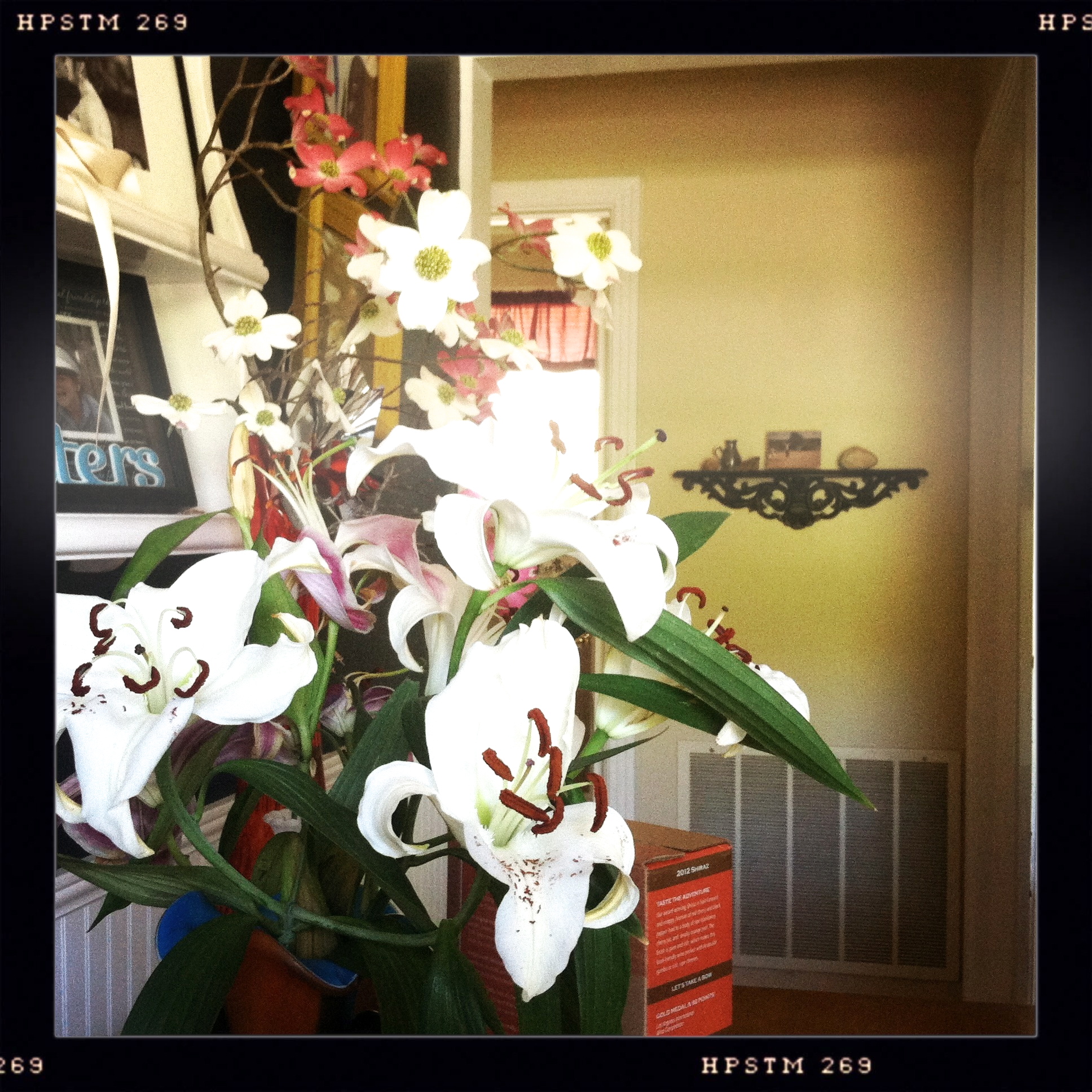 Experience, learn, always laugh, sometimes cry, repeat.
Experience, learn, always laugh, sometimes cry, repeat.
Some people love to say how difficult their chosen "career" can be. They complain. Sometimes it comes in the form of a joke, sometimes their words and actions straight up drip with venom, and sometimes its a subtle comment of desperation and frustration.
It's usually easy to imagine, feel, honor, glorify and visualize our next grand accomplishment in the career of our dreams. But that's not all there is to it. What does it mean to follow your career path? It means if it's true, it will be hard. If its TRUTH, it will be the hardest. Follow your instinct, follow your gut, follow your dreams and they are guaranteed to lead to hard times. But if they are really your truth, you don't have a choice anyways. So, if we choose to go the hard way and follow our truth, then we do it intentionally with the knowledge that we are not going to have a breezy stroll down career street. We can, however, learn to discipline our minds and hearts over time. We can learn how to honor our feelings of self doubt and frustration, but not live in them. We can start to take command of our subconscious. And slowly over time, we get really good at what other people might call having a thick skin, or "no worries". Its really just the ability to deal with in a healthy manner, all the negative bullshit that surrounds following your truth.
So, experience, learn, always laugh, sometimes cry and repeat.
ps: for week 6 of 52 in 52 go to https://soundcloud.com/nickbullock/grand-design





